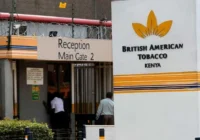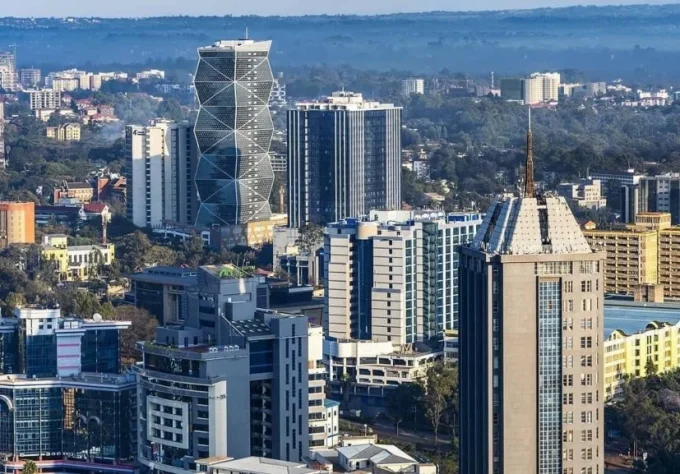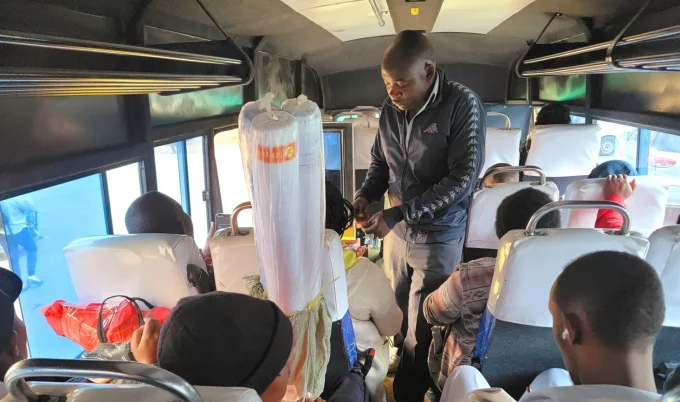SWVL has told off naysayers saying that the Egyptian firm is exiting Kenya.
Following reports in December that the travel company which has jumped into the chaotic matatu industry was leaving the Kenyan market, SWVL has refuted the claims by some bloggers.
SWVL embarked on the Kenyan market after raising almost US100M in investments last year.
Disrupting Kenya’s Chaotic Public Transport
The Egyptian bus-hailing company embarked on a pilot scheme in Nairobi and in December last year, it launched long-distance travel services.
Those who have used the services say that the company move is welcome to ease the madness that comes with the festive seasons’ travel.
“I have used SWVL to Nakuru and back to Nairobi. While the services are not 5 star, it is a welcome shift from the hassle that is matatu during times like Christmas and Easter. The services being offered are superb in comparison to the usually unreliable matatus and the hiked fares in peak seasons,” says Job.
SWVL CEO and co-founder, Mostafa Kandil told Forbes Middle East that the company was seeking to transform public transport in the region.
“Swvl intends to invest USD16.9 million (300 million EGP) in the local market in the next three years to empower as many micro-entrepreneurs as possible in Egypt and the region and to become one of the biggest job creators in the country.”
Once the system picks, it will change the manner in which Nairobi moves its masses.
The move comes at a time when the government seems to have given up on rolling out Rapid Bus Transport (BRT) system which was meant to decongest the city.
Cartels Want SWVL Out of Nairobi
While the government has failed in streamlining the sector, the failed policies and lethargy in making the sector work is for good reason. There are cartels raking in billions from it and they would not risk that source of money closing.
The government launched the Bus Rapid Transport system over a year ago even marking the lanes on the roads but so far, no single bus is on the roads.
This is despite the Treasury allocating Ksh5.53 billion to be used in the construction of the special lanes for the high-capacity buses.
While no one is accountable for the failure to launch, the government is targeting the disruptors seeking to bring sanity to the sector.
In September, the National Transport Safety Authority (NTSA) announced blacklisting specific vehicles operating under SWVL and Little Shuttle companies invalidating their licenses.
“The vehicles under these hailing app companies acquired a Tours Service Licence (TSL). The authority notes that Little Shuttle and Swvl are operating the vehicles contrary to the provisions of the PSV regulations,” said NTSA Director General Francis Meja.
He said that the two companies would only be able to operate when they comply with the PSV Regulations.













Leave a comment